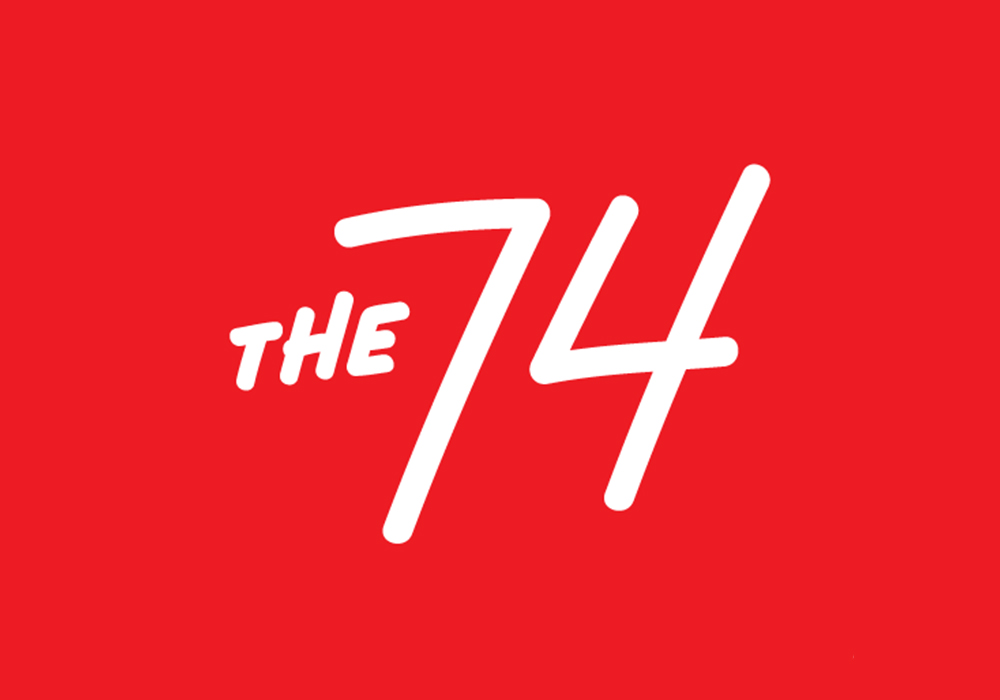- Home
- NYC Outward Bound Schools Awarded Gates Grant for Continuous Improvement Work
NYC Outward Bound Schools has been awarded a $250,000 grant from the Bill & Melinda Gates Foundation to expand its work in continuous improvement.
We are one of only 16 grantees nationwide to receive this type of Model Design and Initiation (MDI) grant this year.
Started in 2019, the MDI grant is a continuation of the Gates Foundation’s Networks for School Improvement (NSI) strategy, and specifically for organizations that are building the capacity to strengthen their continuous improvement practices. MDI grantees from across the country work with local middle and high schools to implement data-driven continuous improvement practices with the ultimate goal of advancing high school graduation and college success rates for Black, Latinx and low-income students.
Leading this work at NYC Outward Bound Schools is Aurora Kushner, our newly appointed Director of Continuous Improvement.
“This grant allows us to engage our entire organization in continuous improvement work, which is very exciting” Kushner says. “While many of these practices are already ingrained in what we do, this collective focus will help us sharpen our skills and better show our staff the direct impact of their work with students, teachers and leaders.”
So what exactly is continuous improvement? This incremental approach to change focuses on making small, ongoing tweaks to ideas or strategies, followed by measurement, analysis and then adjustment of course. Several of NYC Outward Bound Schools’ organizational priorities — namely our desire to work toward more equitable and data-driven student outcomes — naturally align with continuous improvement.
In partnership with the Gates Foundation, we are committed to serving students from historically marginalized communities, as we have been for more than 30 years. Today, our network serves 25% Black students, 42% Latinx students and 66% low-income students. At all NYC Outward Bound schools, we believe that continuous improvement is an engine for disrupting historical systems of racial and social inequity. By investigating our data and looking for gaps in outcomes, we’ll be able to consider why some students are doing better than others. Then, through small shifts in practice, alongside continuous monitoring of data, we can ultimately work to narrow those gaps.
To see continuous improvement practices in action, read more about a case study at WHEELS, a NYC Outward Bound School in Washington Heights and one of our continuous improvement pilot schools. This case study commentary was recently published in The 74.

